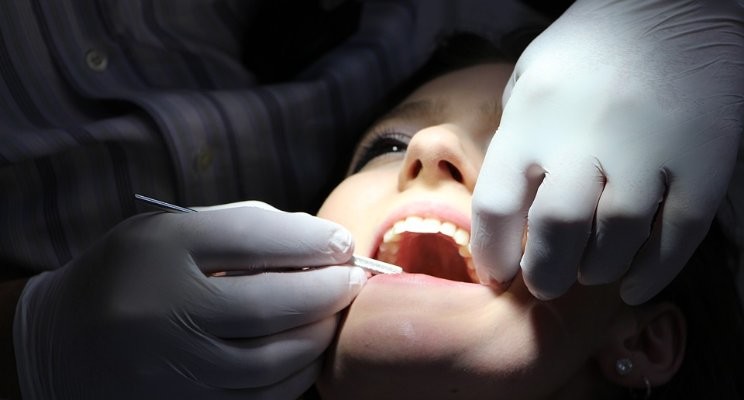
Imagine the golden sun setting over the intercoastal of Ponte Vedra Beach. The sky is ablaze with hues of pink, purple, and gold. You’re in a serene medical spa, surrounded by the latest technology and treatments, ready to enhance your clients’ beauty with precision and care. Suddenly, everything changes. A new product enters the market, different procedures gain popularity, and keeping up with these fast-paced changes becomes your new reality. This is the life of a practitioner in the ever-evolving world of medical spas. This journey has not been without its challenges, especially when it comes to one of the most popular treatments these days – fillers ponte vedra beach. Let’s dive into this story, where adaptation is the name of the game.
The New Trend: Fillers
Picture this. It’s 2005, Botox rules the day, and fillers are just beginning to make a splash. Suddenly, there’s a paradigm shift. Fillers aren’t just an alternative to Botox anymore – they’re a necessity. Clients want fuller lips, high cheekbones, and a youthful glow. And you have to deliver.
The Learning Curve
So, how do you adapt? The learning curve is steep. You throw yourself into studying, training, and practicing. You attend …



